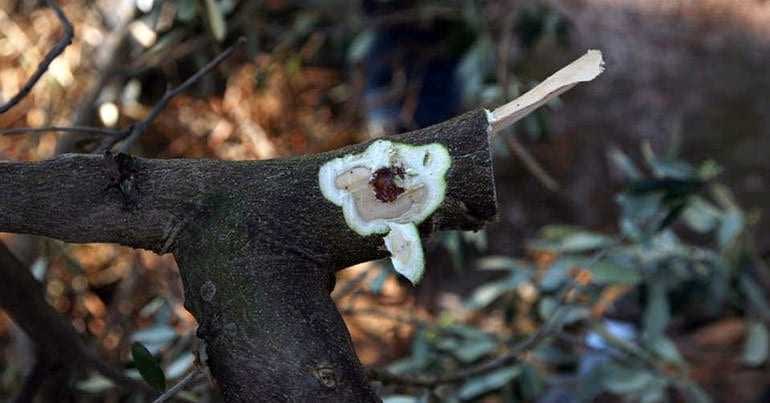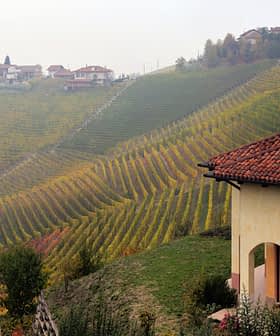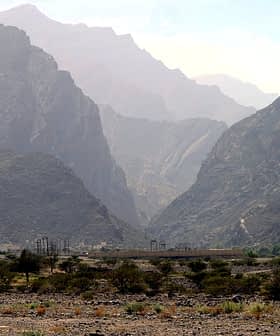
The European Union has banned the movement of some plants out of Lecce, in Italy’s Apulia region, to help prevent the spread of the devastating disease which has already infected hundreds of olive trees there.
In a regulation published on Saturday, the EU also requires all its member states to start annual checks for the presence of the plant pathogen responsible, Xylella fastidiosa (Xf), and to report on their first such survey by the end of October.
The regulation — “Commission Implementing Decision of 13 February 2014 as regards measures to prevent the spread within the Union of Xylella fastidiosa” — says that last October 21 Italy informed the EU of the presence of Xf in two separate areas of Lecce. It was the first time the presence of Xf in the field had been confirmed in the EU.
Two more outbreaks have since been confirmed in Lecce, as has Xf’s presence in several other species apart from the olive tree (Olea europaea L.), namely in almond, nerium oleander and oak trees.
Italian media reported that European Commission experts inspected affected groves and nurseries there last week and an announcement is awaited on whether measures that could include a massive tree cull may be ordered for the about 600,000 olive trees said to be within the disease zone.
The EU ban does not apply to seeds, and although it refers to “the movement of plants for planting out of the province of Lecce”, the regulation excludes many such plants (listed in two annexes) because extensive testing found they were not infected by Xf.
Hallmarks of the disease include leaf scorch and rapid decline symptoms.








